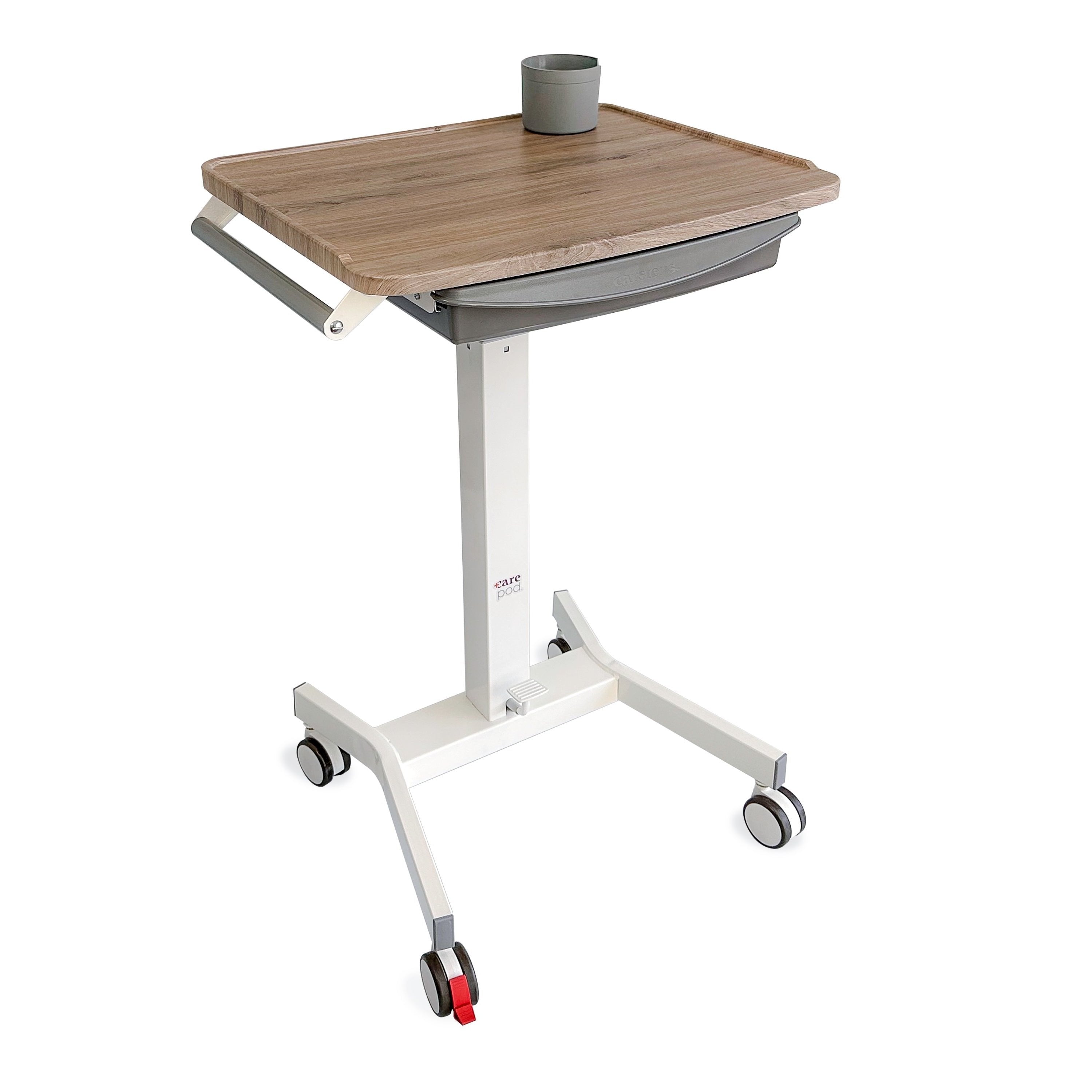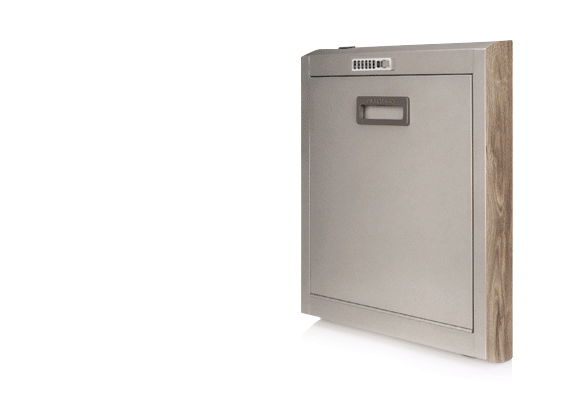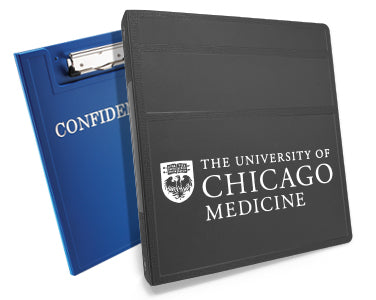Maintaining patient confidentiality should be a priority at every healthcare facility. Healthcare professionals face significant challenges in safeguarding sensitive data as they use digital platforms to manage patient information.
Here’s how to maintain patient confidentiality in healthcare. By prioritizing these steps, healthcare professionals can protect patient information while instilling trust and confidence in their services.
Understanding HIPAA Regulations
The Health Insurance Portability and Accountability Act (HIPAA) establishes standards for protecting patient information in the U.S., requiring compliance from all healthcare providers. It encompasses electronic and paper records as well as verbal communications.
Healthcare professionals must understand HIPAA’s privacy rules to safeguard personal health information and obey the legalities of sharing patient data. Regular staff training and audits are essential for ensuring compliance and protecting patient data at your facility.
Establishing Secure Communication Channels
Secure communication is crucial in the digital age. Encrypt your emails and messages, and use HIPAA-compliant messaging platforms with two-factor authentication. Educating patients on secure communication methods is also essential for protecting their information.
The Role of Paper Records in Patient Confidentiality
Paper records remain vital in healthcare as a reliable form of backup when electronic systems fail. Secure storage is crucial to prevent unauthorized access, and custom medical chart dividers can help your team organize information.
When transporting physical documents, use sealed envelopes marked as confidential. When you hand off the folders, the recipient knows to handle them with care.
Secure Storage Solutions for Paper Records
Safe storage of paper records is essential for confidentiality. Store them in locked areas, and make sure only authorized personnel have access. Implementing a check-in/check-out system supports accountability. Finally, conducting regular audits will help you identify and address security gaps to protect sensitive information.
The Importance of Staff Training
Staff education is crucial for maintaining patient confidentiality. It focuses on HIPAA regulations, secure communication, and responsible record handling. Ongoing training keeps your staff updated on new regulations and emphasizes the importance of privacy. Cultivating a culture of privacy encourages responsibility for protecting patient information, with rewards for compliance and prompt action against violations.
Handling Breaches and Incidents
Despite your best efforts, breaches can still occur. That’s why creating a response plan is vital for minimizing damage and restoring patient trust. Immediate steps should involve containing the breach, assessing its impact, and notifying those affected. Being transparent and acting quickly can mitigate negative consequences.
After addressing the immediate concerns, conduct a thorough investigation to identify the cause and prevent future incidents. Updating protocols and providing additional training will further enhance your security measures.
Empower Your Team
Maintaining patient confidentiality in healthcare is a team effort. By recognizing the importance of privacy and adopting best practices, healthcare providers can safeguard patient information and build trust.
Equip your team with the right tools and knowledge for success. Investing in custom medical chart dividers can help your staff organize and protect paper records. With the right strategies, your organization can lead in patient confidentiality and keep trust at the heart of patient care.






